There is no one way to do this, there’s no one path.
About Jason Gay
Jason Gay is a columnist and author working for The Wall Street Journal.
HOMETOWN: Belmont, Massachusetts
EDUCATION: University of Wisconsin
OCCUPATION: Columnist, The Wall Street Journal
Read More
It drives me a little crazy sometimes when I hear talking about specific rules or a single trajectory that you’re supposed to have in writing, or in any profession, frankly.
There are many ways to get where you want to go. A lot of the people that we admire come from unconventional paths and were not much for rules, either.
I grew up on the mean streets of Belmont, Massachusetts, which is a suburban town outside of Boston. Both my parents were school teachers; my mom taught elementary school, my dad taught high school, and was the high school tennis coach.
I was a mediocre high school student [and] I was a mediocre college student. I did work on my high school newspaper, which I really enjoyed.
I found the camaraderie of being among editors and writers really exciting [and] I liked the idea of walking around the cafeteria and seeing students reading stuff that we had written. But when I got to college [at the University of Wisconsin-Madison], I mostly screwed around for four years.
I didn’t do any college journalism classes and I didn’t write for the newspaper. I’m not bragging about this; it’s kind of mortifying I did none of that stuff and didn’t take advantage of what is really a great journalism program and two really solid student newspapers there.
When I got out of school I worked in a restaurant. I was working in a restaurant when a friend of mine quit a job selling advertisements for a newspaper and I thought ‘well that sounds like the kind of job that a responsible college graduate should get, selling ads at a newspaper.’ So, I applied for it, and I got it.
That was my first job in newspapers, I was an advertisement sales intern, and then I became an advertising sales rep. I started doing sales. I did that for almost two years and I found that to be a really challenging job.
I wasn’t very good at it, but in retrospect I learned a great deal from it in terms of the connectivity between a readership and a paper and sort of what makes the wheels turn. I think sometimes it’s easy to get disconnected from the business side of a publication.
After that, I was selling ads when they asked if I wanted to start covering sports.
Literally the first thing I covered was Little League baseball.
I was working on Martha’s Vineyard Island off the coast of Massachusetts at a newspaper called the Vineyard Gazette, which operated kind of like a little bit of a school house.
There were some really experienced editors who really have been all around the world, and then a bunch of newbies who had no idea what the heck they were doing.
No one knew less than I did, but it was a really stimulating environment. It was small-town news, you covered a little bit of everything, you were doing sports and then they would send you off to cops and robbers, and fires, and school board meetings and board of health.
It was all hands-on deck at a paper like that and I think getting a taste of all that was really useful. Martha’s Vineyard is this anomalous, small-town place because people think of it as this fancy vacation place, but much of the year it is a very small, close-knit town that has many of the same issues and problems that any other small town may have.
But it also relied on the newspaper to be a chronicle for that, and it was really cool to be learn how to do the job but also to be in this environment where you had to learn a respect for getting it right, [and] respecting your subject because you’re going to run into everybody literally on the street.
Every single person I ever wrote about was my neighbor. I was very lucky to be in that environment.
When I was at the Gazette, I met someone who was down the Boston Phoenix, which was an alternative weekly in the city. She stayed in touch, and when they had another opening I applied for it.
I can’t underline enough how scary the idea of getting a job at another publication was to me.
I’d go to a newsstand and I’d see things like Time Magazine, The New Yorker, The New York Times, or The Boston Globe and be completely flabbergasted over how anyone ever got a job like that.
I used to think many times that I wanted to stay on Martha’s Vineyard and be a reporter forever, and it was a real fluke that I ended up getting this job in Boston.
The Phoenix was mostly this young, energetic group of people and they just threw you into the deep end and asked you to write these 3,000, 4,000 word stories.
So, I was going from writing pretty straight-forward news coverage to writing longer, feature-type articles that have a point of view. And I love that, I love that part of being able to spend more time with a subject and kind of immerse yourself in it.
There wasn’t really any planning on my part but it was a really fortuitous twist because it was a whole new skillset, and I ended up liking it a great deal. A lot of my colleagues I had there are my friends to this day.
After that, I got a job at the New York Observer newspaper in New York City. That was the first time I got a job that I really, really wanted.
I remember the first time I got a copy of the Observer, a friend of mine had gotten a job there, and I got it sent to me-this was when Candace Bushnell had just started writing the Sex and the City column. Papers were not written this way, papers were not frank and funny and clever and fearless in a way that the Observer was.
It was like getting something from outer space and I was completely entranced by it.
I would have done anything to get a job there. I got lucky, got a job, and again, a great place, Peter Kaplan [was] inarguably one of the great editors and somebody who inspired, not just good work out of people, but a sense of belonging and fitting into a chaotic place like New York.
He could explain the way the wheels turned in New York City in a way that no one I’ve ever met can do. He was an incredibly magnetic and fun person.
That staff was all over the place; they were real characters. There were people who had traditional backgrounds [and] people who had completely a-traditional backgrounds, and somehow it really worked. It was a great, great job. After the Observer I went to GQ for a number of years.
I always kept one little toe in sports. I was a sports guy, liked it, grew up around sports, I was a big fan. I never really thought of myself as becoming a full-blown sportswriter just because I never thought that was going to be an opportunity for me.
Then The [Wall Street] Journal came along about seven years ago, they had called another friend of mine to ask if he had interest, and he wasn’t, and I sort of auditioned for it by giving a demonstration column, and for whatever reason they liked it and they’ve been stuck with me ever since.
It’s been the best job of my life, I feel very fortunate to have had the experiences and the editors that I’ve had along the way, which has given me the background to be able to do it but also a real appreciation for what’s a great job, and it’s really a great job. I feel lucky every single day to do it.
I think that one thing that gets underplayed a lot is being kind and generous to colleagues. I think we focus a lot sometimes in the newsroom on ourselves.
You’re never going to get there on your own, and relationship building and relationship maintaining is a huge, huge part of that.
It’s being courteous [and] it’s showing an interest in other people. I think that is really important.
People who are abrasive and curt and think they know it all, they might have some success, but I’ve been struck as I’ve gotten older and I have had the chance to meet people I admire, that almost always they're courteous and generous about their colleagues and the places that they work.
There is no secret there, what you get back is what you give, and a little bit of empathy goes a long way.
The other thing is, again, I don’t think there is one way of doing this. You find the thing that you’re good at, hopefully, and that’s the biggest stroke of luck you can get, to find the thing that you could do well, or maybe if you can’t do it well at least it’s stimulating enough where you’re going to try like hell to do it well.
There is no pure formula. We are in a time right now, in news media and especially print journalism, where almost every month it seems someone comes up with a new holy grail, ‘We’ve got to all do this or we’ve got to all do that.’
But there is no one way, there is no one thing. None of us read a publication that we love because they have one thing, it’s a complicated formula, it’s a combination of things.
It’s ‘I like this writer and I like the way they do this.’ I just think that publications are moving organisms that are more complicated than simply trying to gain the system through social media.
Before I got to The Journal I had never been to the Olympics, so I have had the chance to go to a handful of Olympics now. The Olympics in modern times, they are a messy, messy undertaking. They are incredibly expensive, they’re a drain on civic and national resources, [and] they don’t really make a lot of sense as an endeavor.
However, as an athletic event, they are extraordinary. They are extraordinary for the reason that, I always think that if you’re going to an Olympics, you are going to go out every day for two weeks or so, and you’re going to see, hopefully, the best day of somebody’s life.
It might be someone who is training in complete obscurity and finally get the moment in the sun being able to medal or maybe it’s someone who just by virtue of getting there and lining up and jumping in the pool or skiing down the mountain has realized a dream.
That’s a really, really exceptional thing and I think that we, especially if you spend a lot of time around professional sports, ‘professional’ really jumps out at you nowadays. I do feel like there is a business-like feeling that is around professional sports that sometimes inhibits the joy.
I’m trying to do everything. By no means do I feel that I’ve even scratched the surface of what, theoretically, we can all accomplish. I am in complete awe of colleagues who through reportorial courage are able to shine the light on corruption or speak truth to power and literally change lives. I’m not in that world. It would be amazing to be able to touch that feeling once, but I feel very privileged to just be in that newsroom with people who do.
I remain completely excited about all this new stuff that’s happening. I want to try it all when people are talking about virtual reality or data driven reporting or any other kinds of new newsroom initiative, I want to run right at that and try it.
I don’t want to be the guy who is scowling about the good old days, I want to be right there in the mix because I think it’s exciting to have that opportunity and I don’t think you can look at the news as a static thing. Newspapers, magazines, [and] publications, they are these living, breathing things and they should be treated as such.
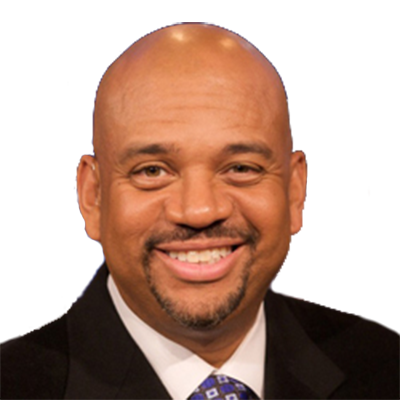 Michael Wilbon
Michael Wilbon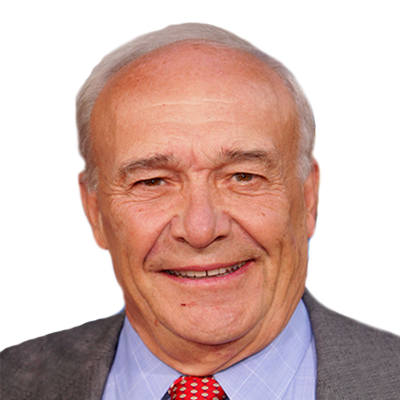 Bill Nack
Bill Nack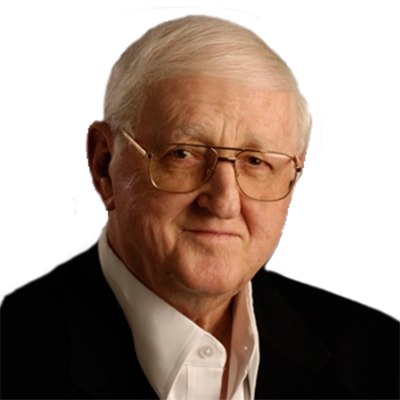 Dan Jenkins
Dan Jenkins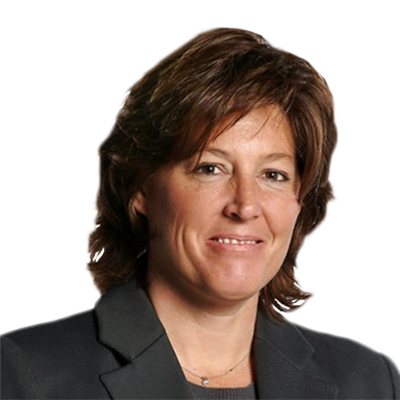 Sally Jenkins
Sally Jenkins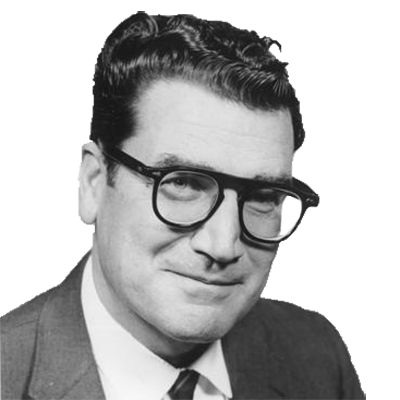 Jim Murray
Jim Murray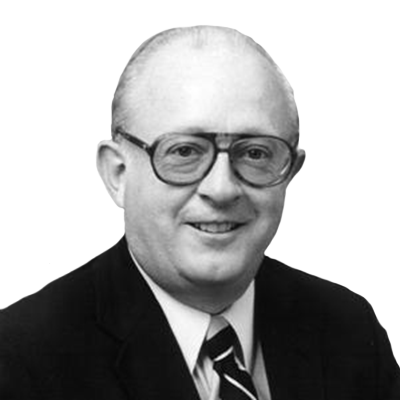 Dave Anderson
Dave Anderson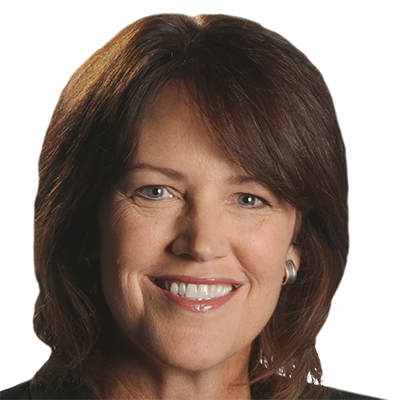 Christine Brennan
Christine Brennan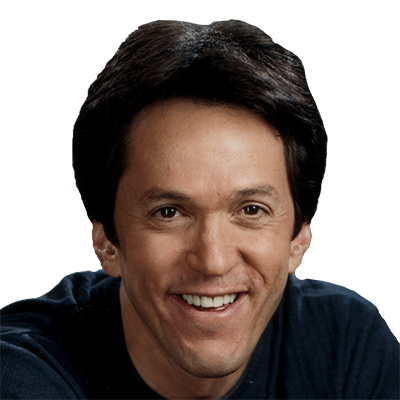 Mitch Albom
Mitch Albom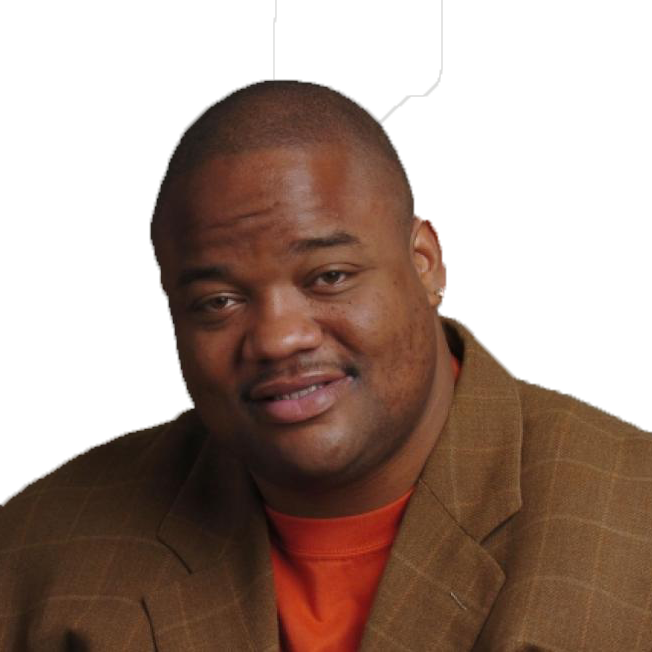 Jason Whitlock
Jason Whitlock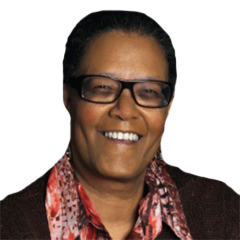 Claire Smith
Claire Smith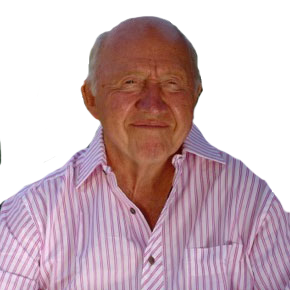 Bud Collins
Bud Collins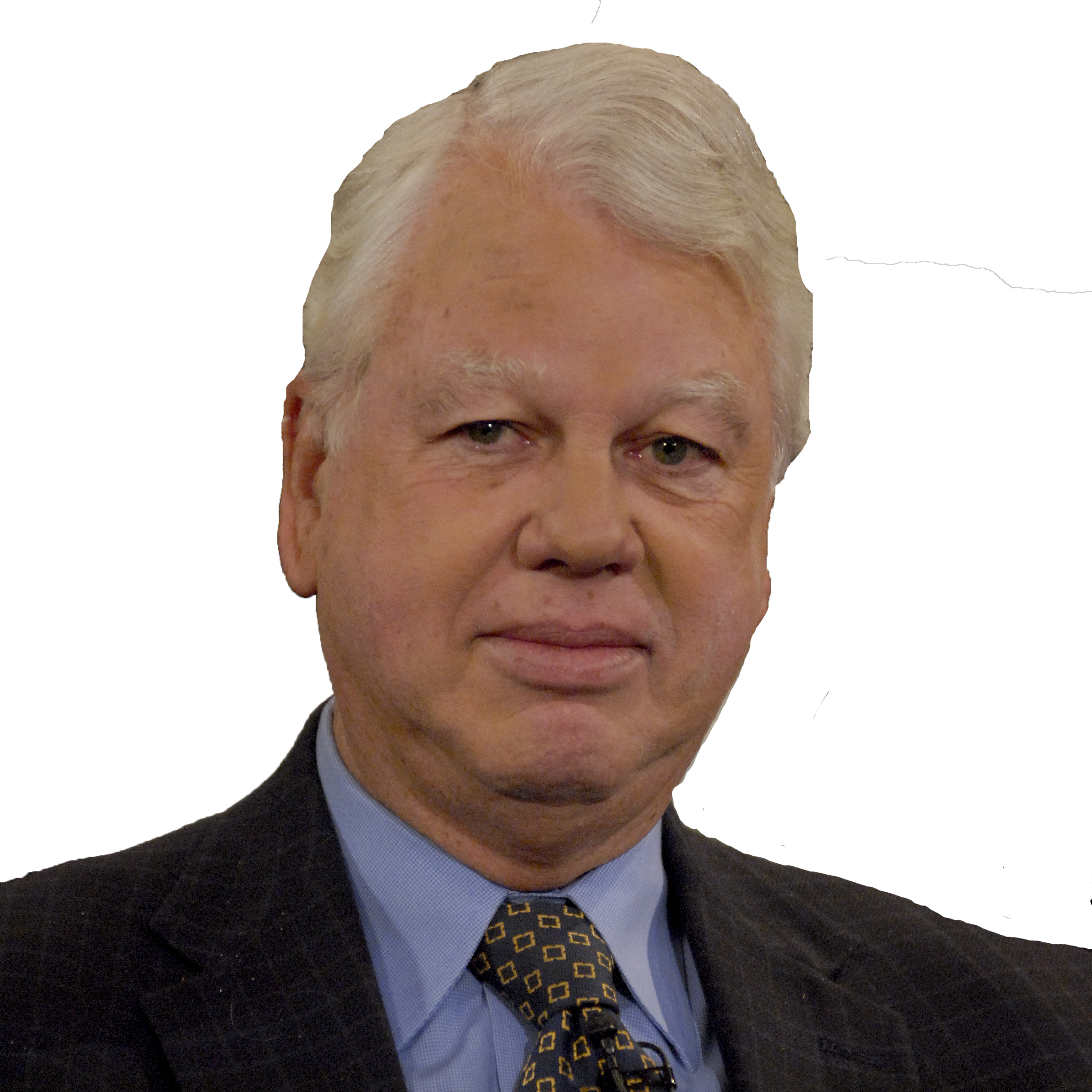 Bob Ryan
Bob Ryan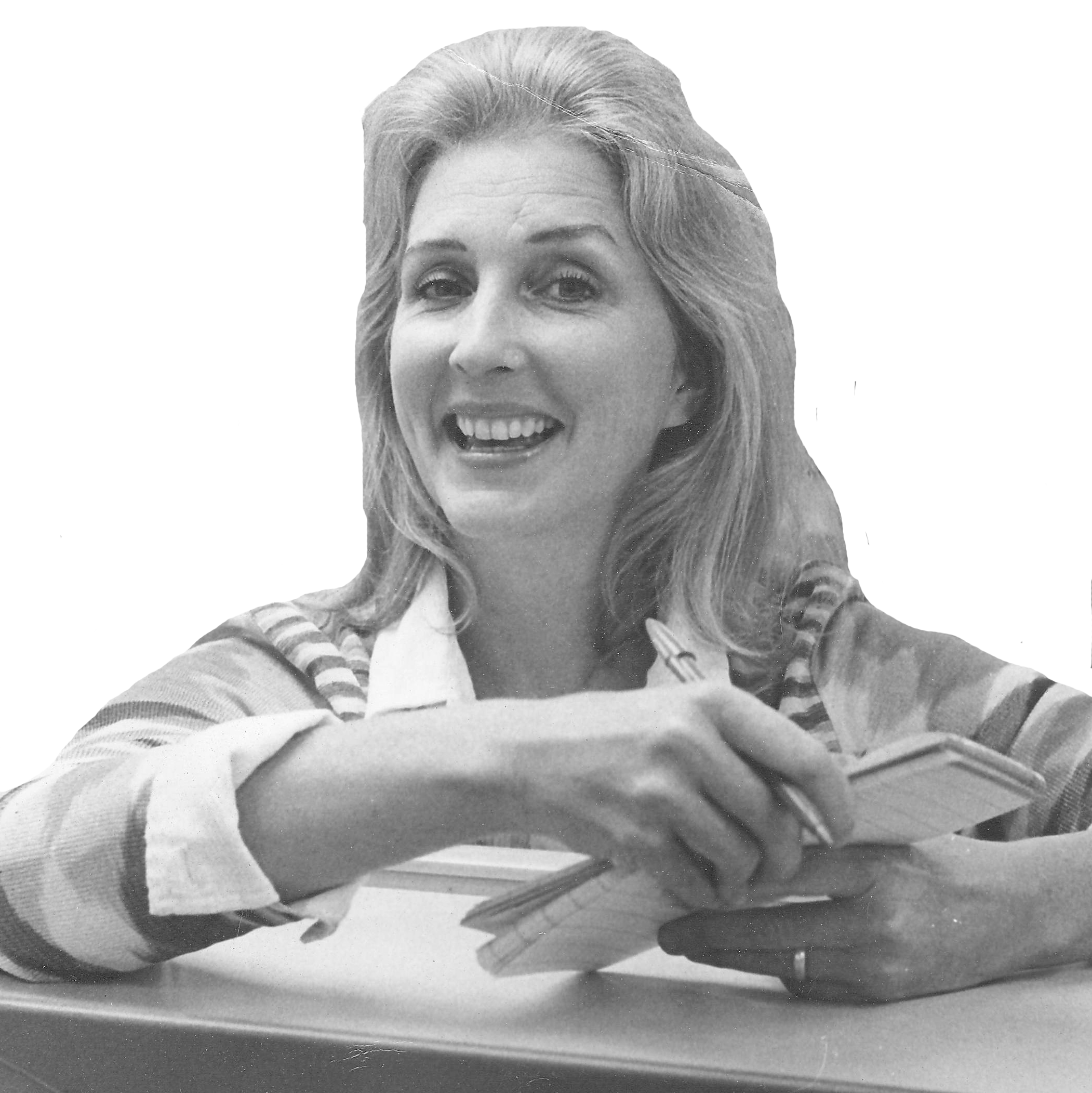 Joan Ryan
Joan Ryan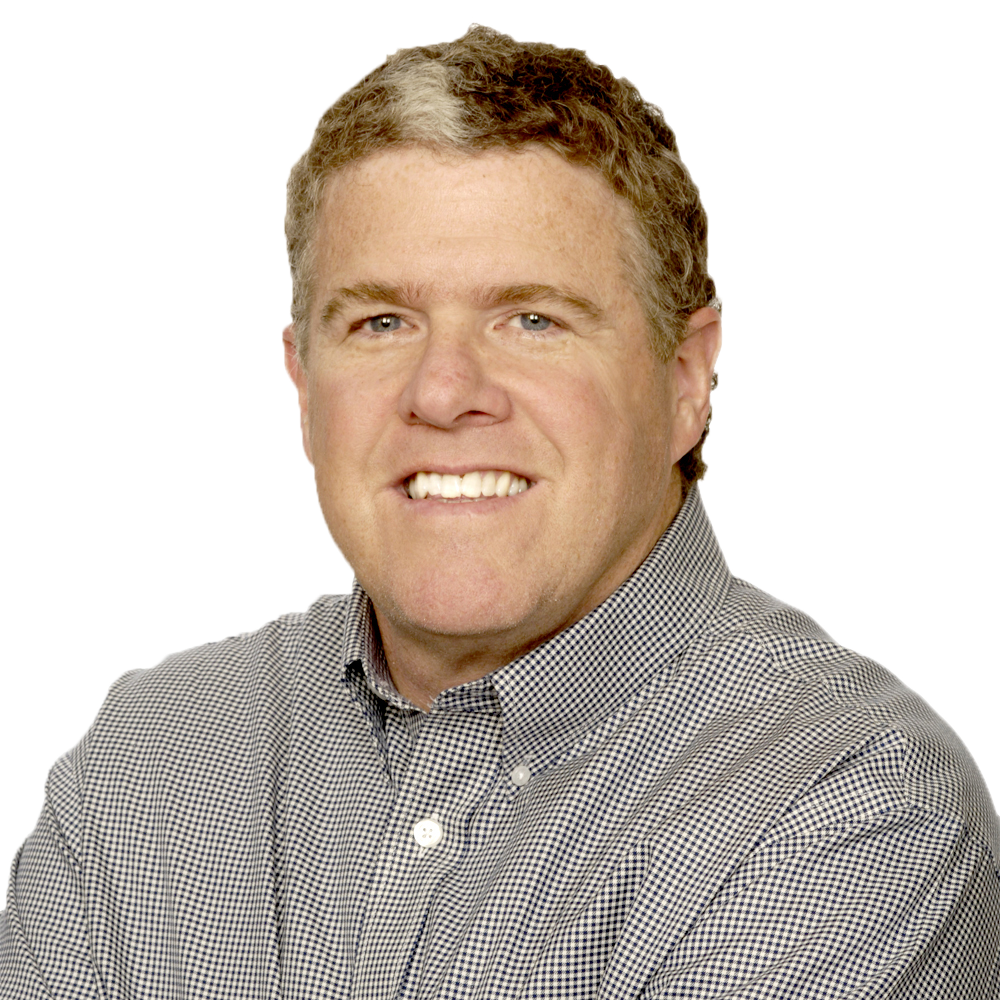 Peter King
Peter King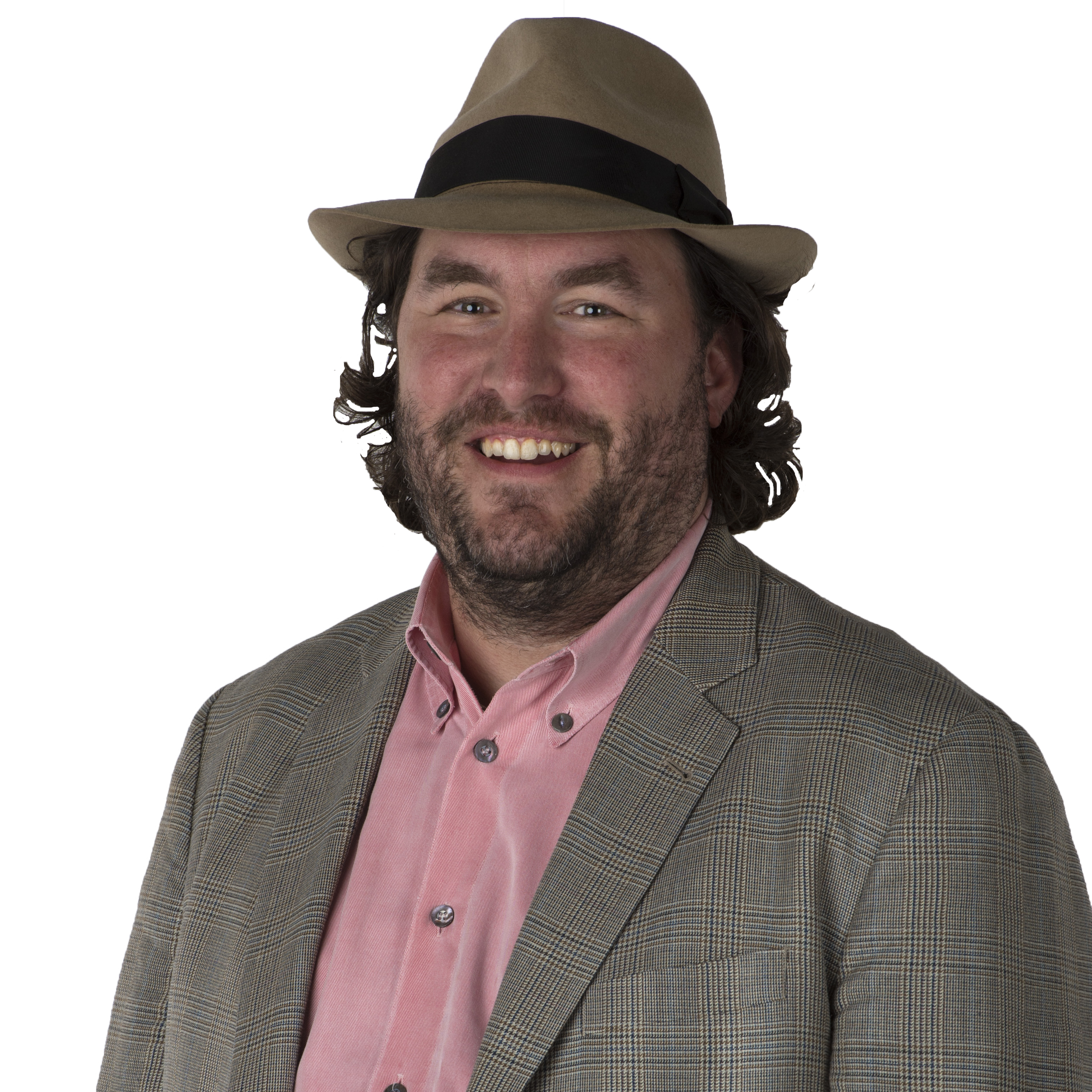 Wright Thompson
Wright Thompson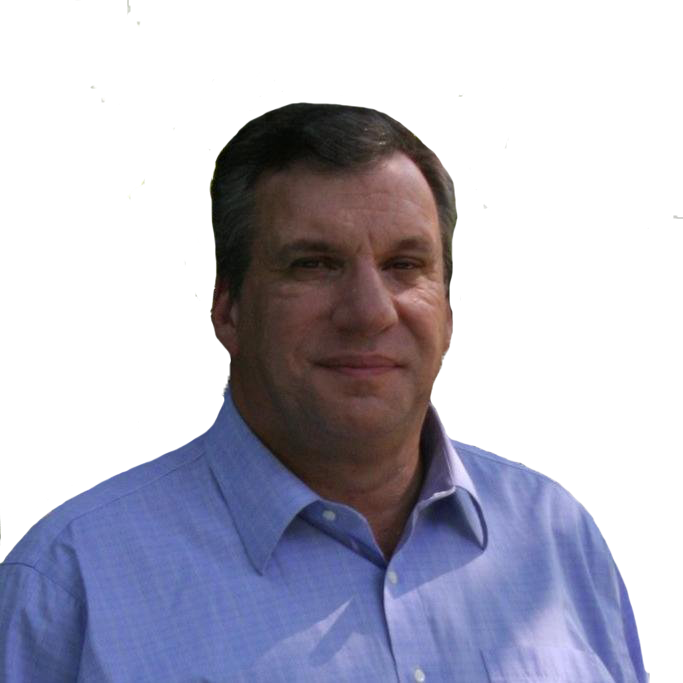 John Feinstein
John Feinstein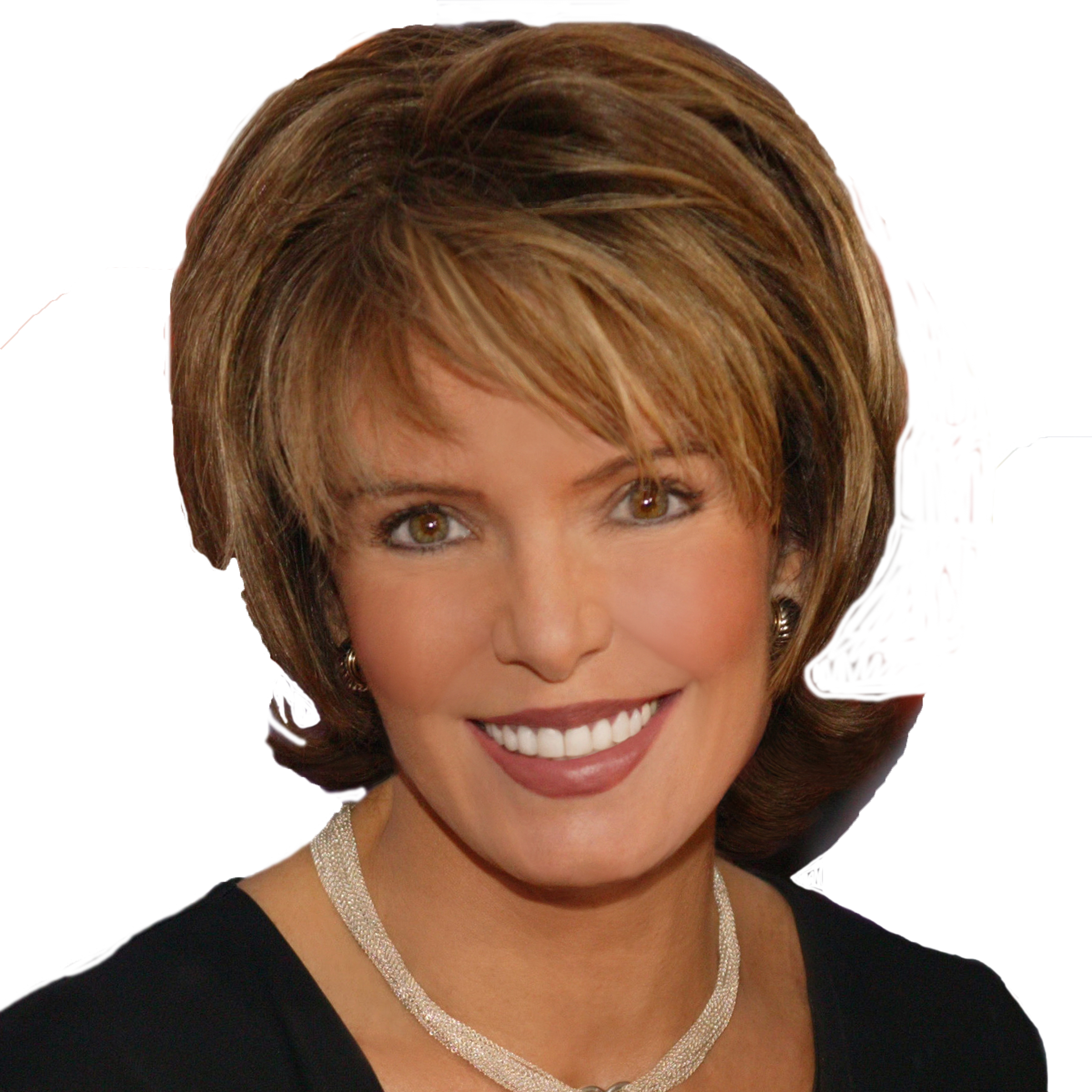 Lesley Visser
Lesley Visser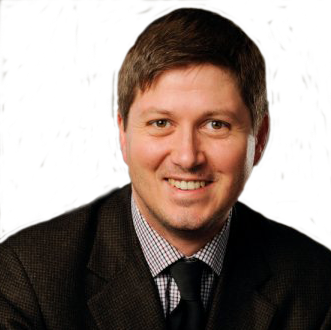 Will Leitch
Will Leitch Tim Kurkjian
Tim Kurkjian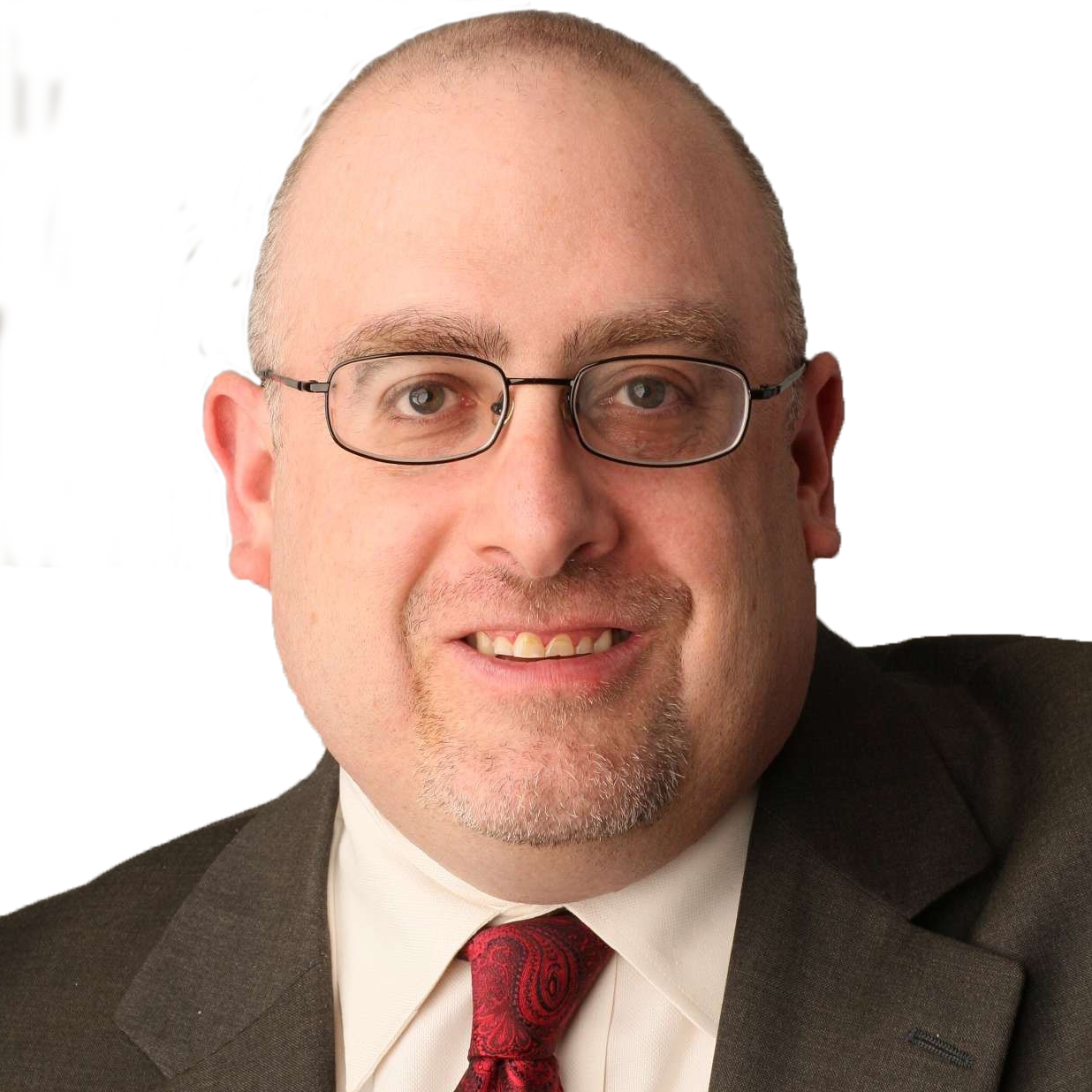 Joe Posnanski
Joe Posnanski
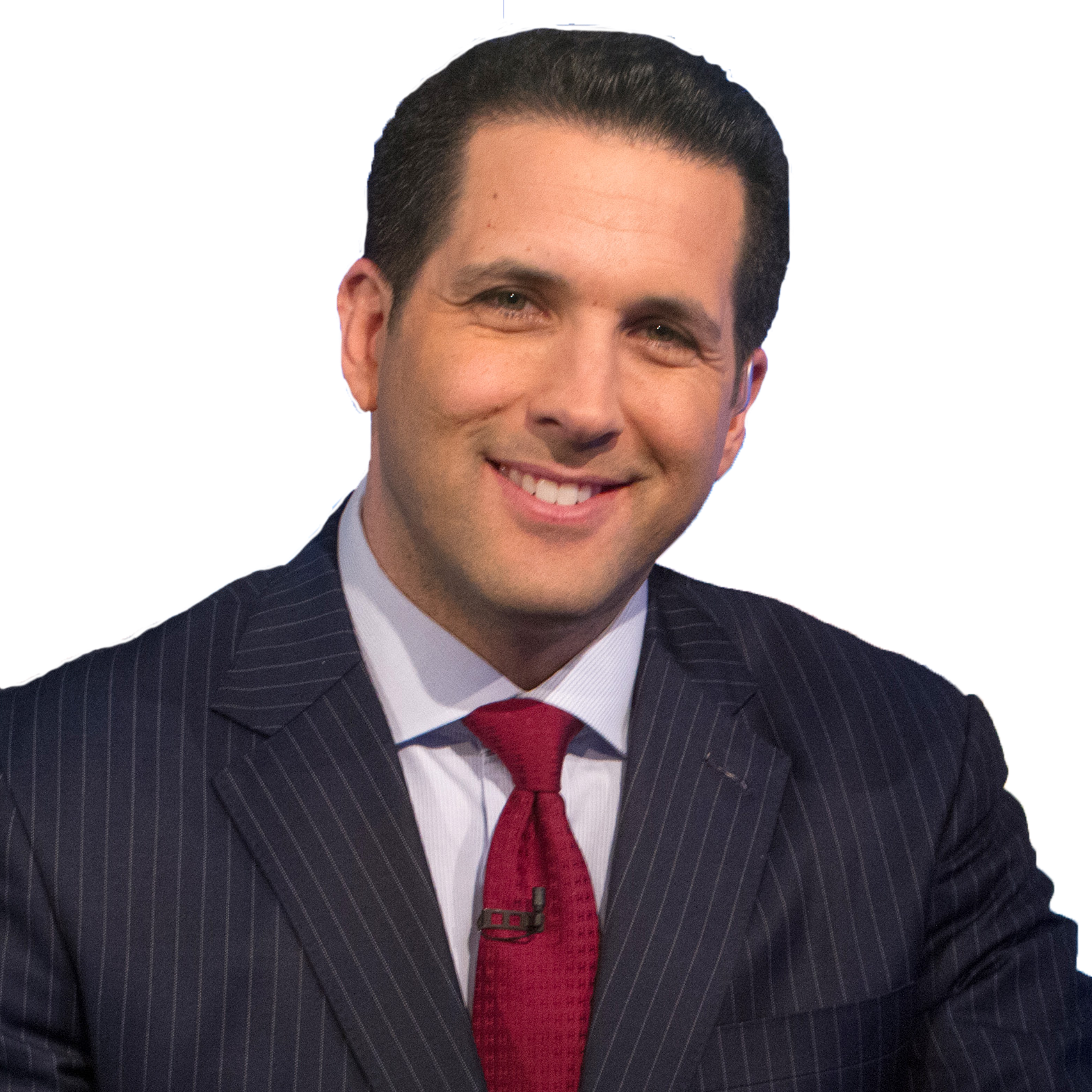 Adam Schefter
Adam Schefter
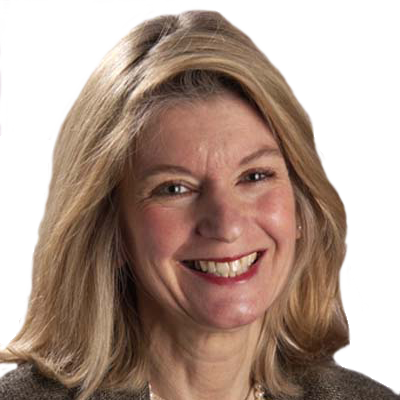 Terry Taylor
Terry Taylor
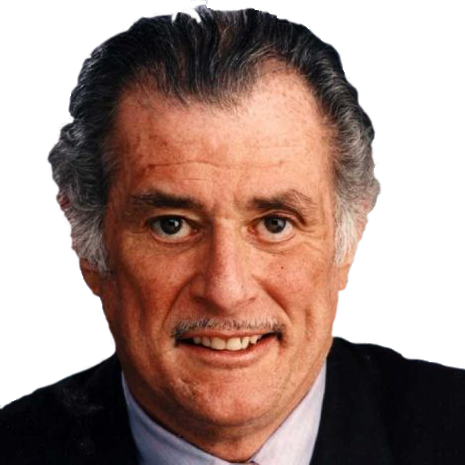 Frank Deford
Frank Deford
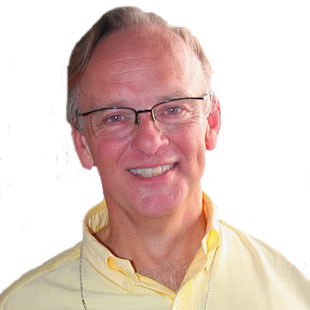 Tom Boswell
Tom Boswell
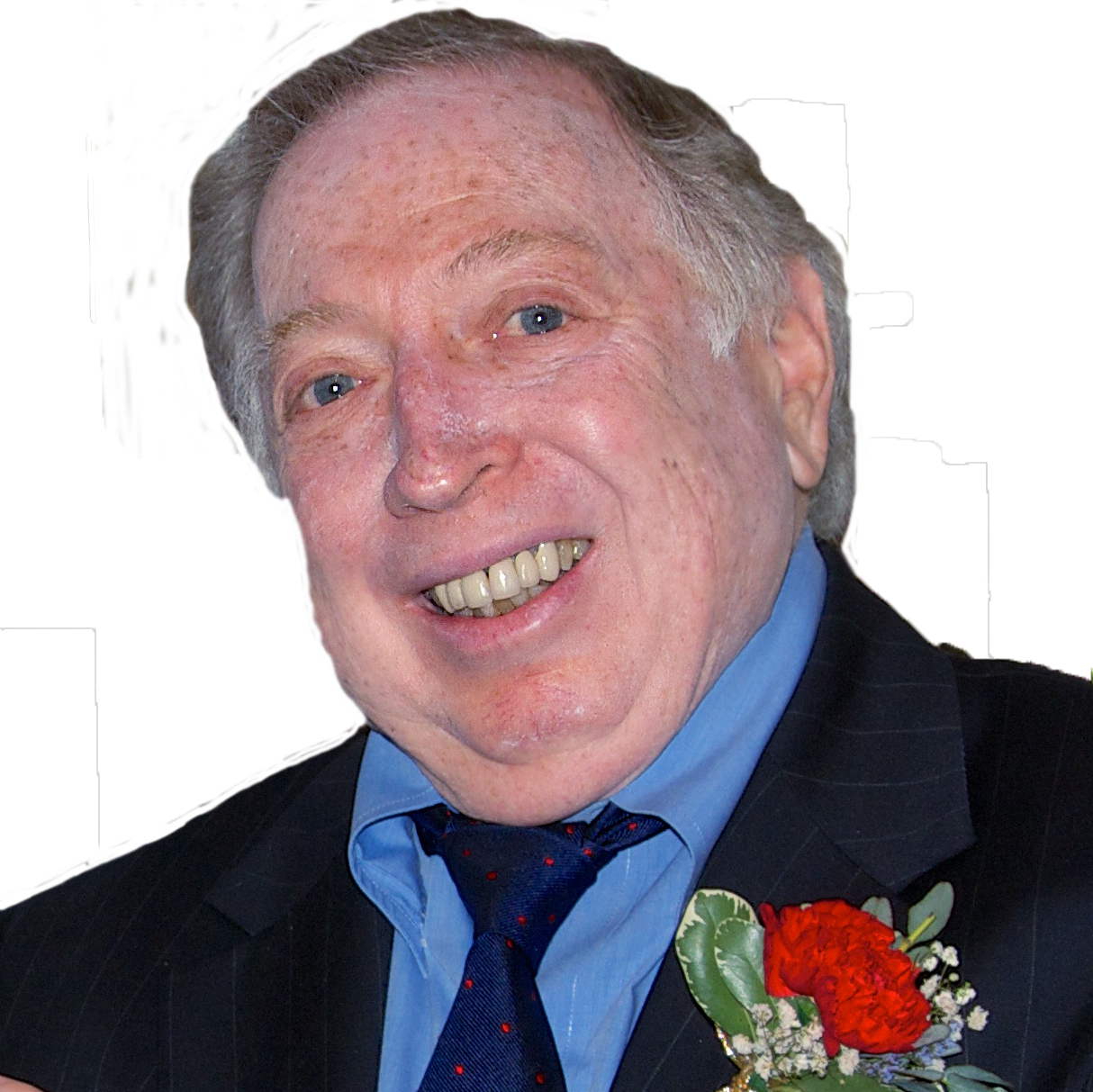 Neil Leifer
Neil Leifer
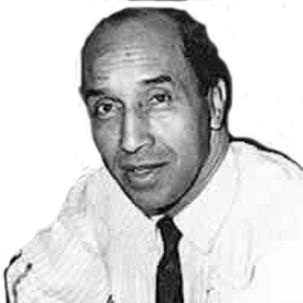 Sam Lacy
Sam Lacy
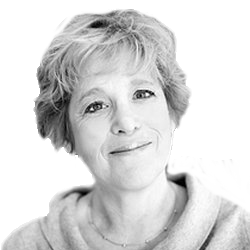 Jane Leavy
Jane Leavy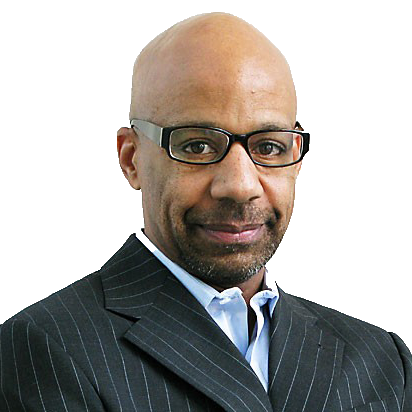 Kevin Blackistone
Kevin Blackistone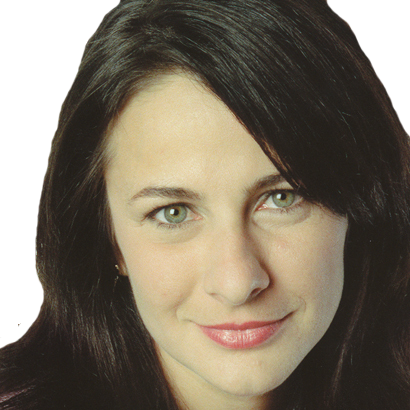 Juliet Macur
Juliet Macur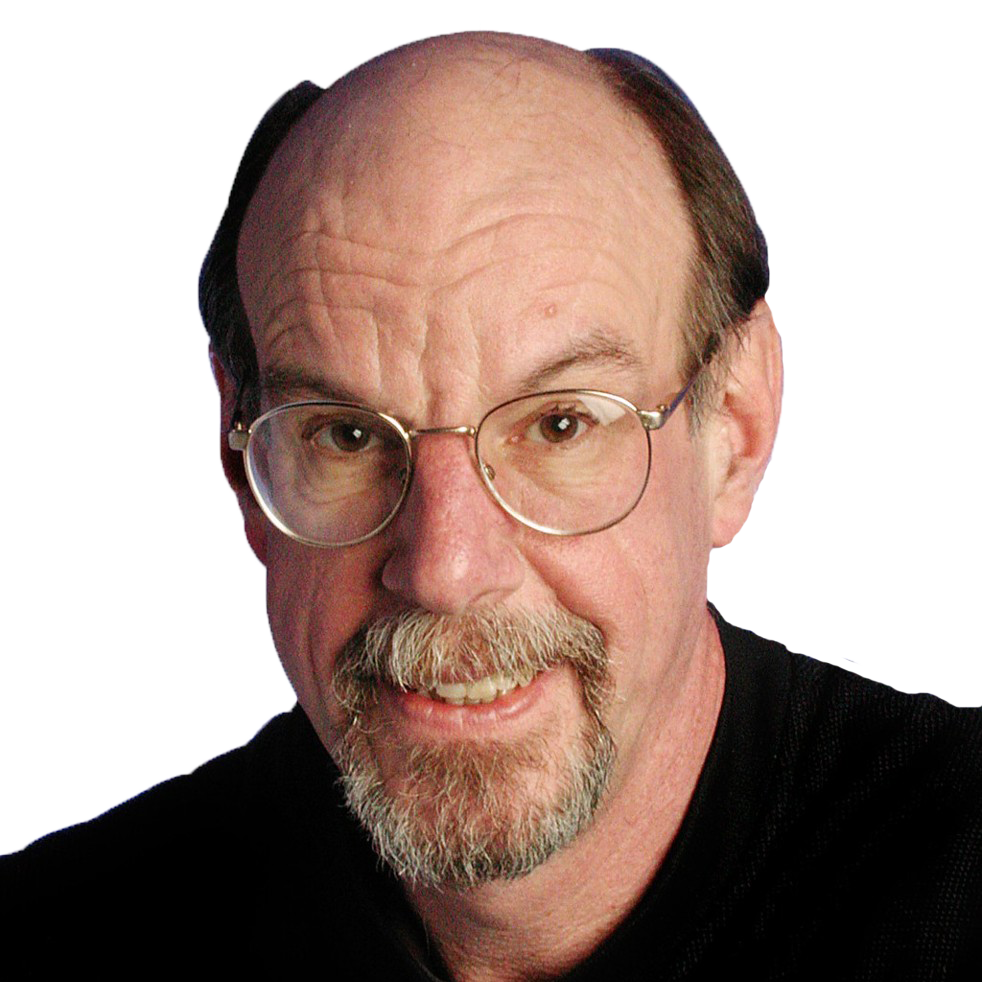 Andrew Beyer
Andrew Beyer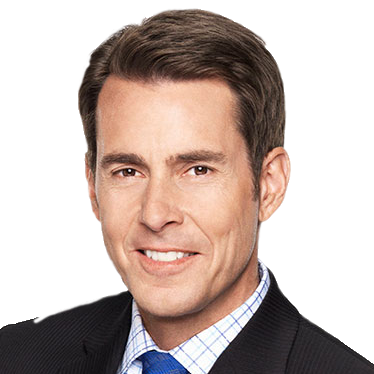 Tom Verducci
Tom Verducci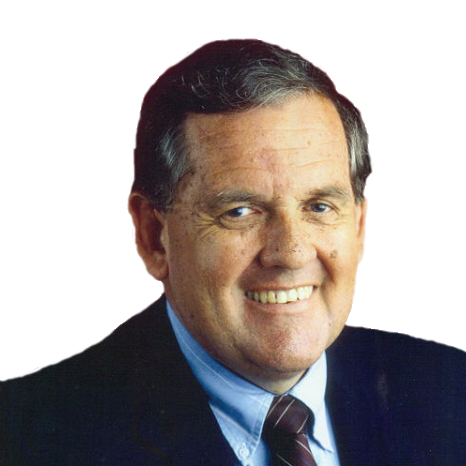 Hubert Mizell
Hubert Mizell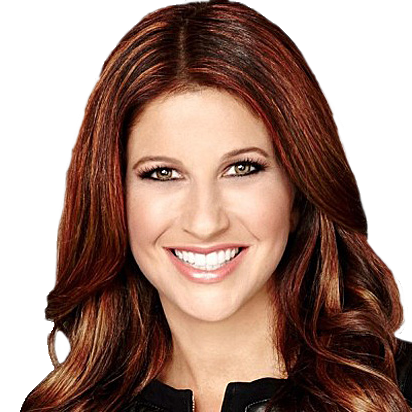 Rachel Nichols
Rachel Nichols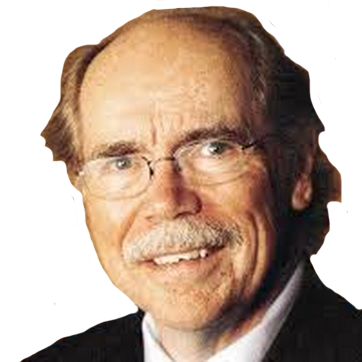 Dave Kindred
Dave Kindred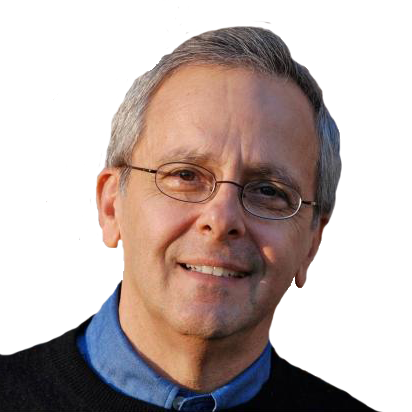 Mike Lupica
Mike Lupica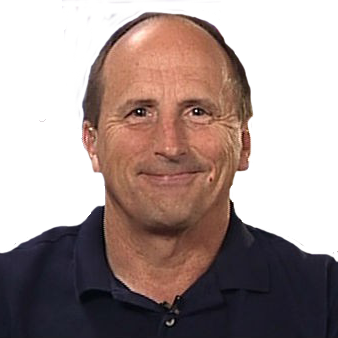 Richard Justice
Richard Justice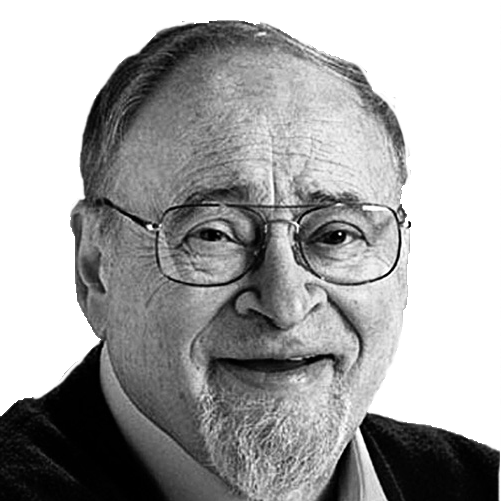 Jerry Izenberg
Jerry Izenberg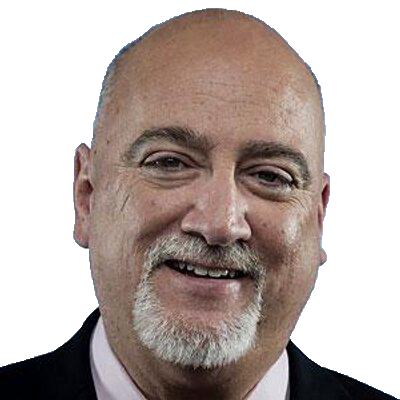 Bill Plaschke
Bill Plaschke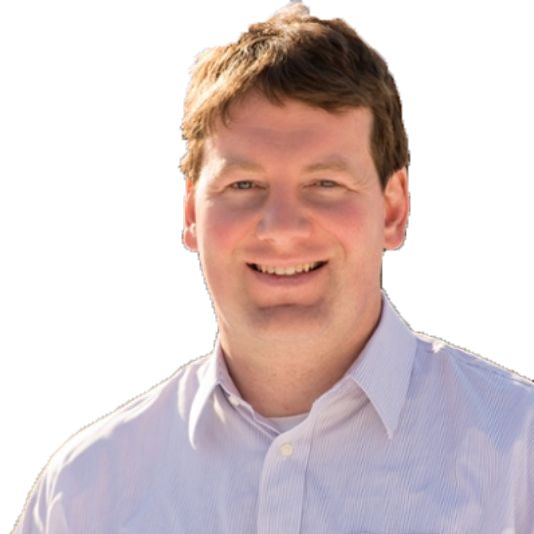 Kevin Van Valkenburg
Kevin Van Valkenburg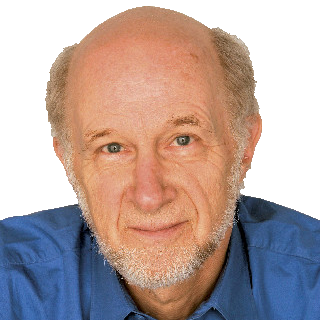 George Vecsey
George Vecsey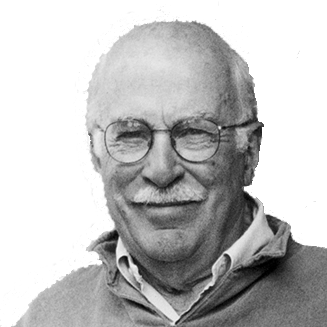 Roger Angell
Roger Angell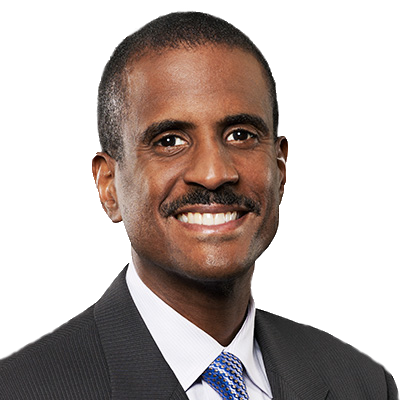 David Aldridge
David Aldridge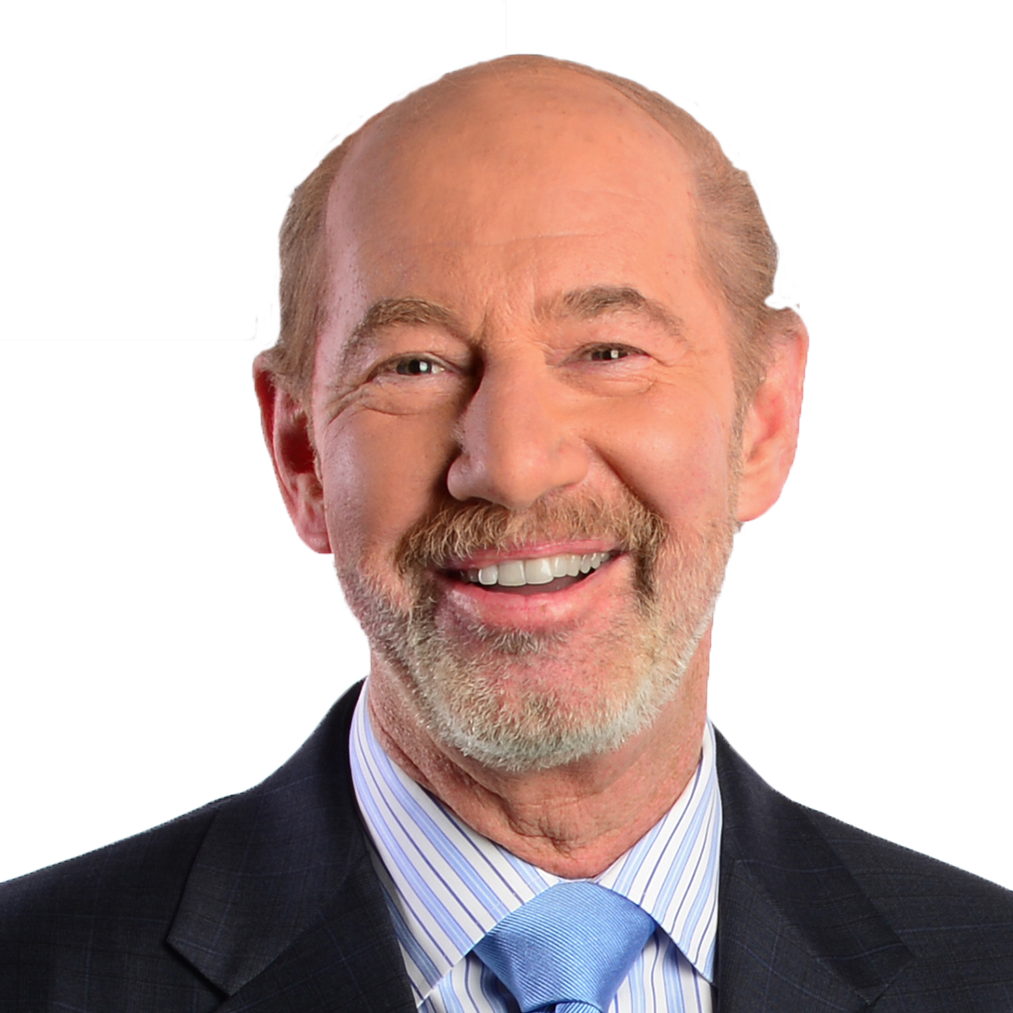 Tony Kornheiser
Tony Kornheiser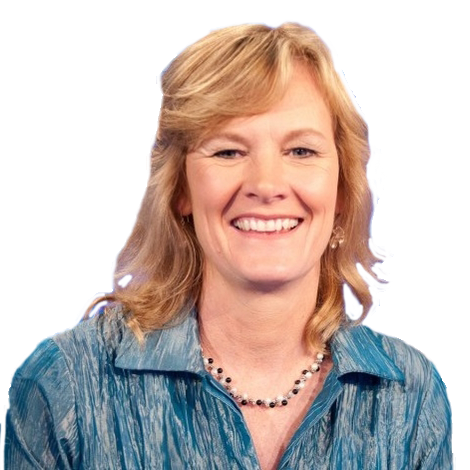 Jackie MacMullan
Jackie MacMullan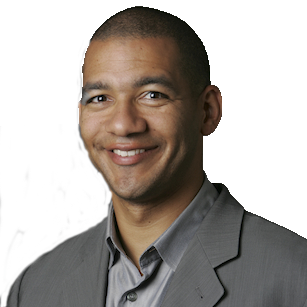 J.A. Adande
J.A. Adande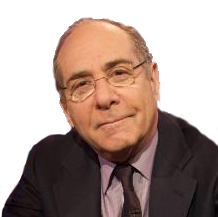 Robert Lipsyte
Robert Lipsyte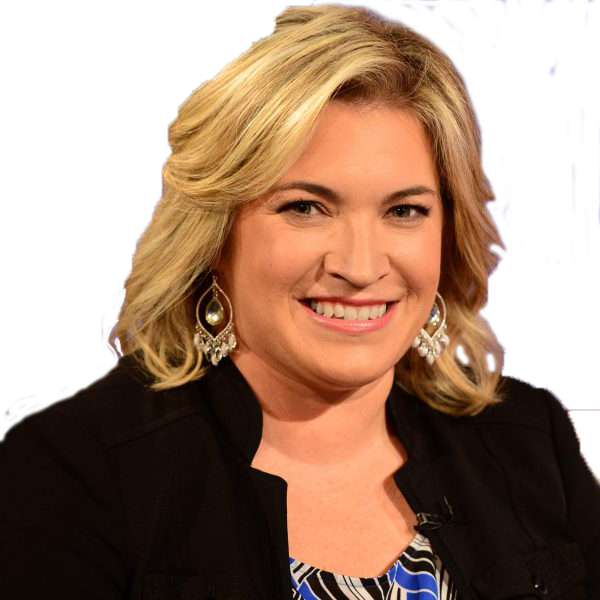 Ramona Shelburne
Ramona Shelburne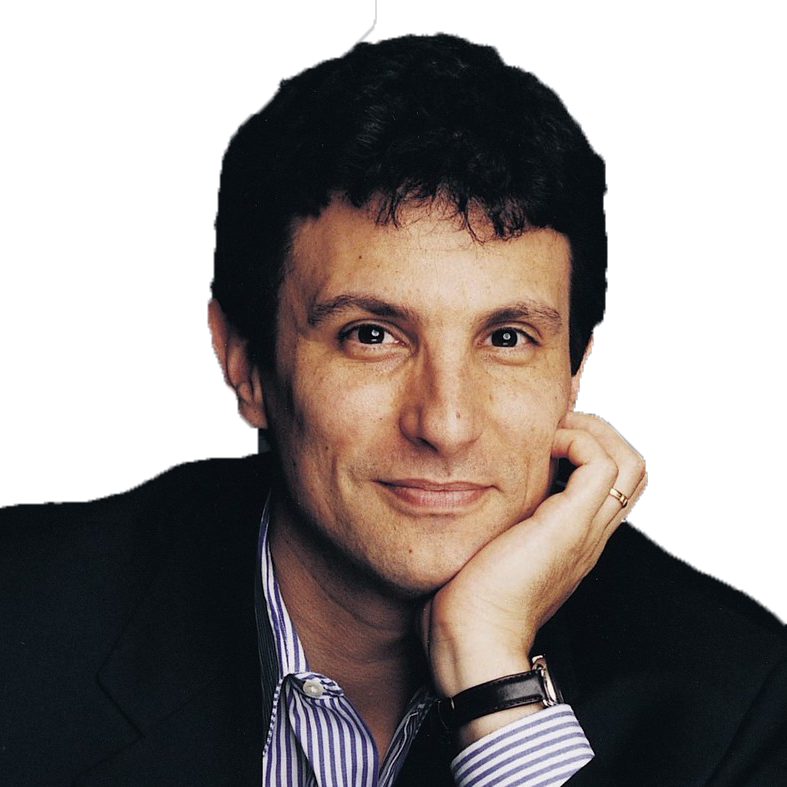 David Remnick
David Remnick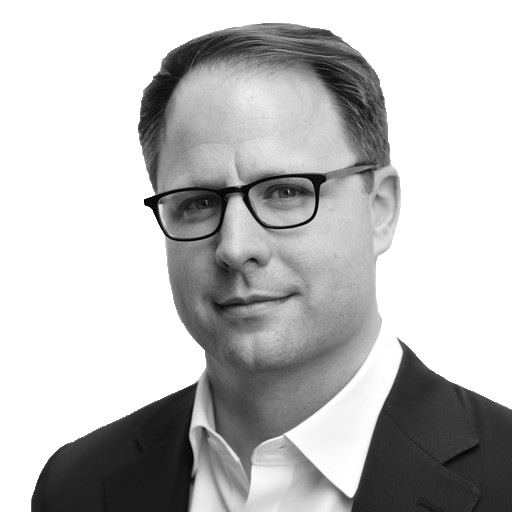 Bryan Curtis
Bryan Curtis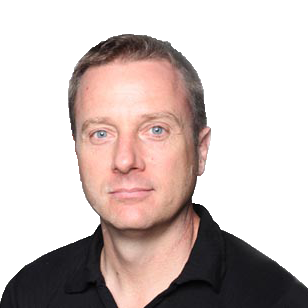 Chuck Culpepper
Chuck Culpepper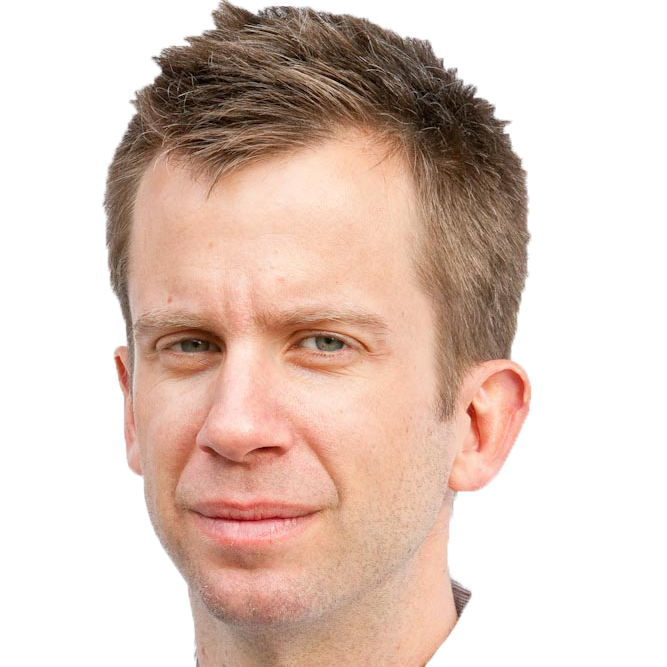 Jason Gay
Jason Gay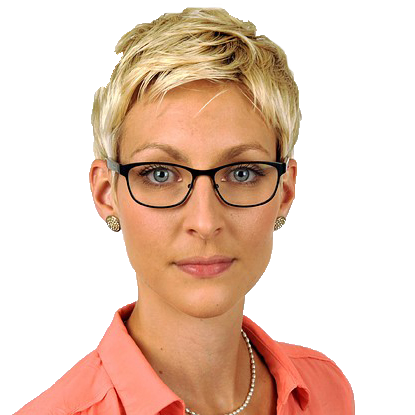 Heidi Blake
Heidi Blake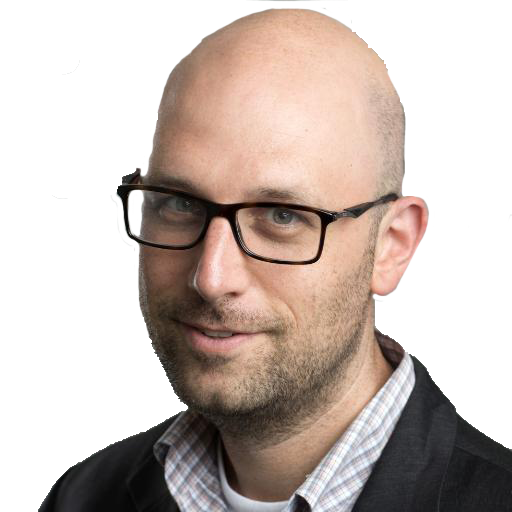 Dan Steinberg
Dan Steinberg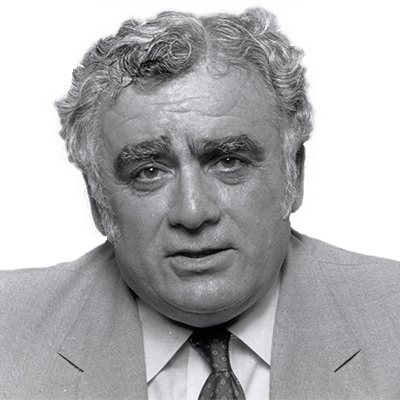 Jerome Holtzman
Jerome Holtzman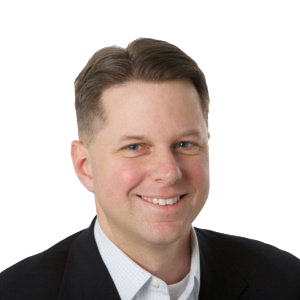 Barry Svrluga
Barry Svrluga

